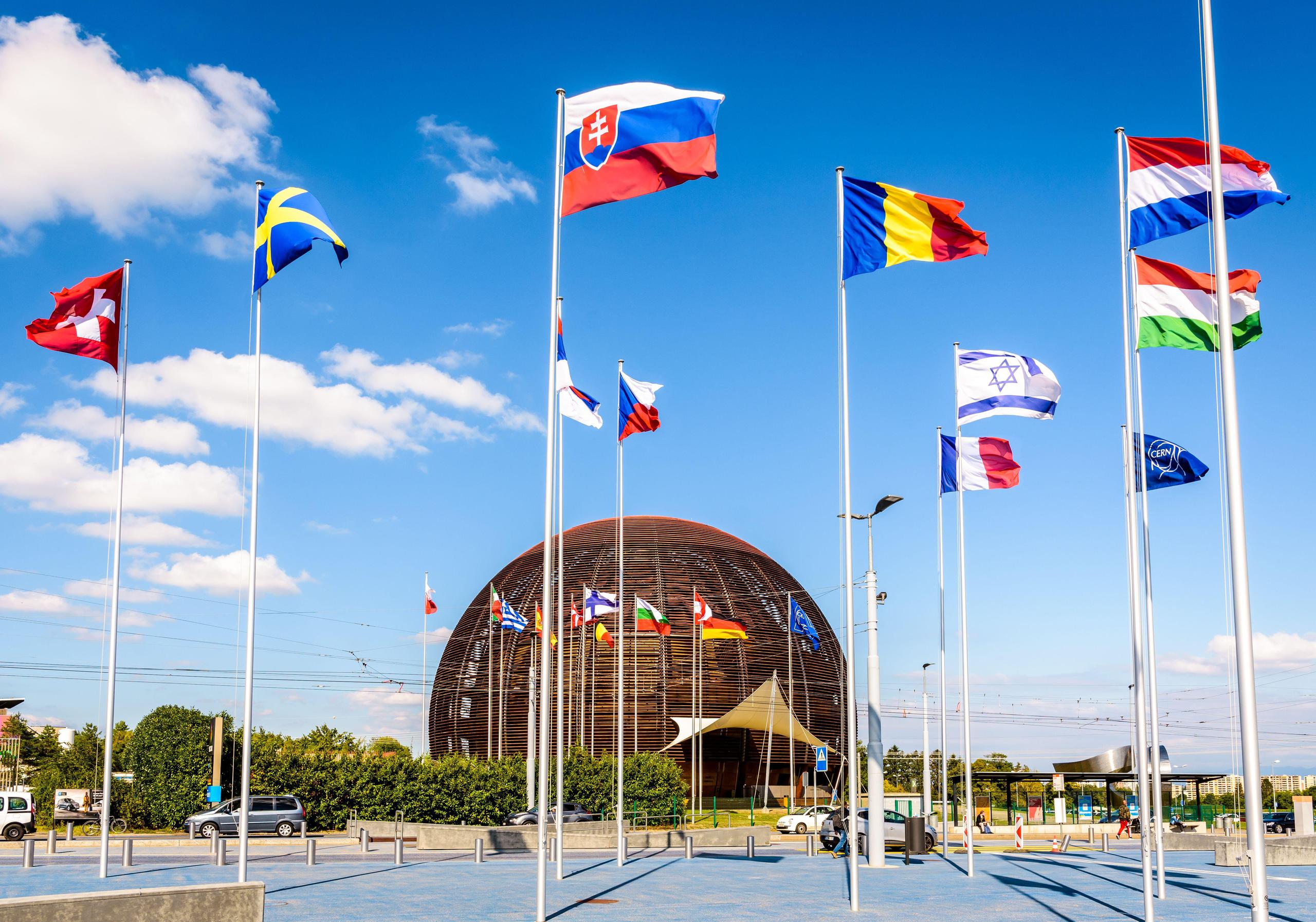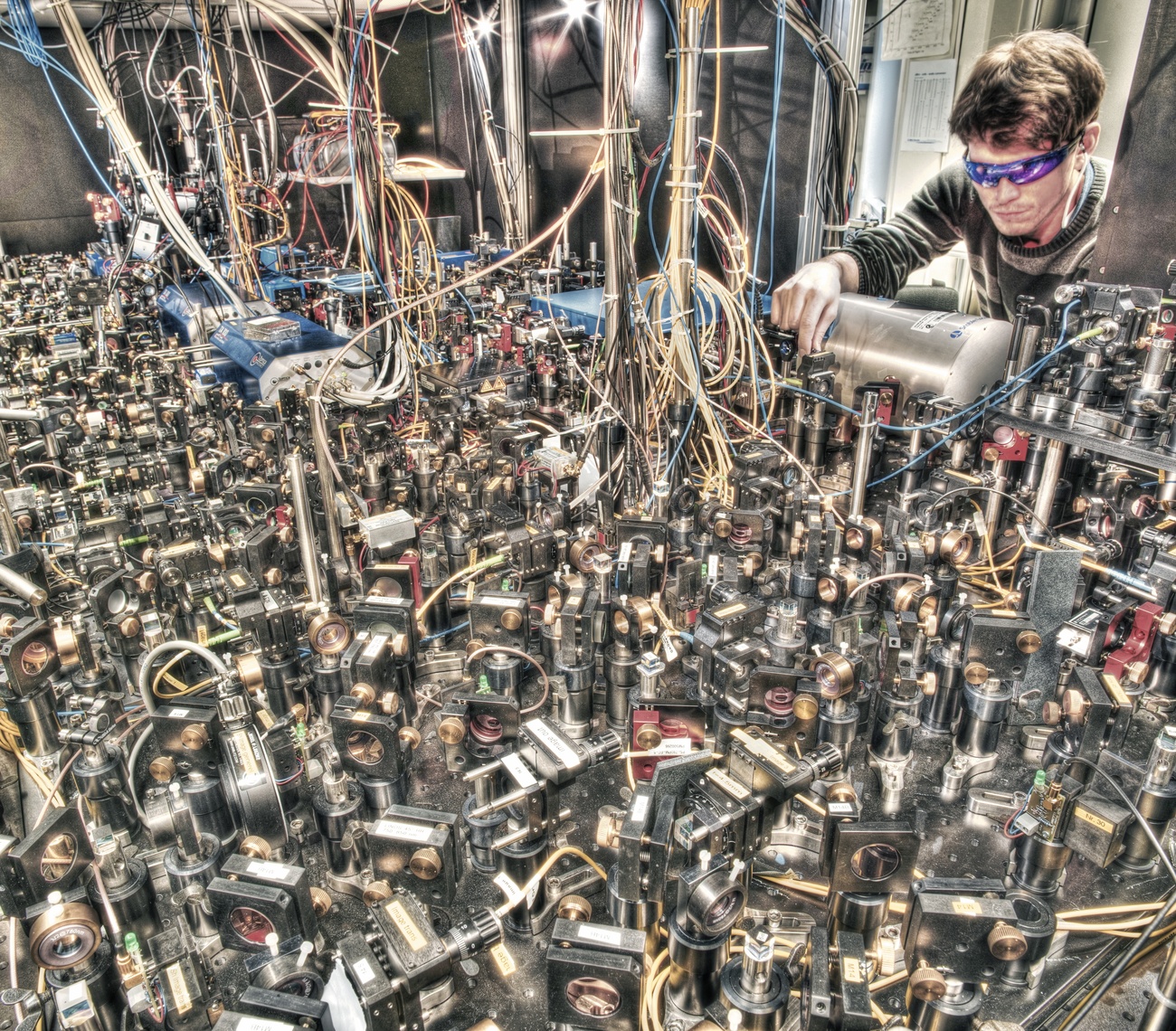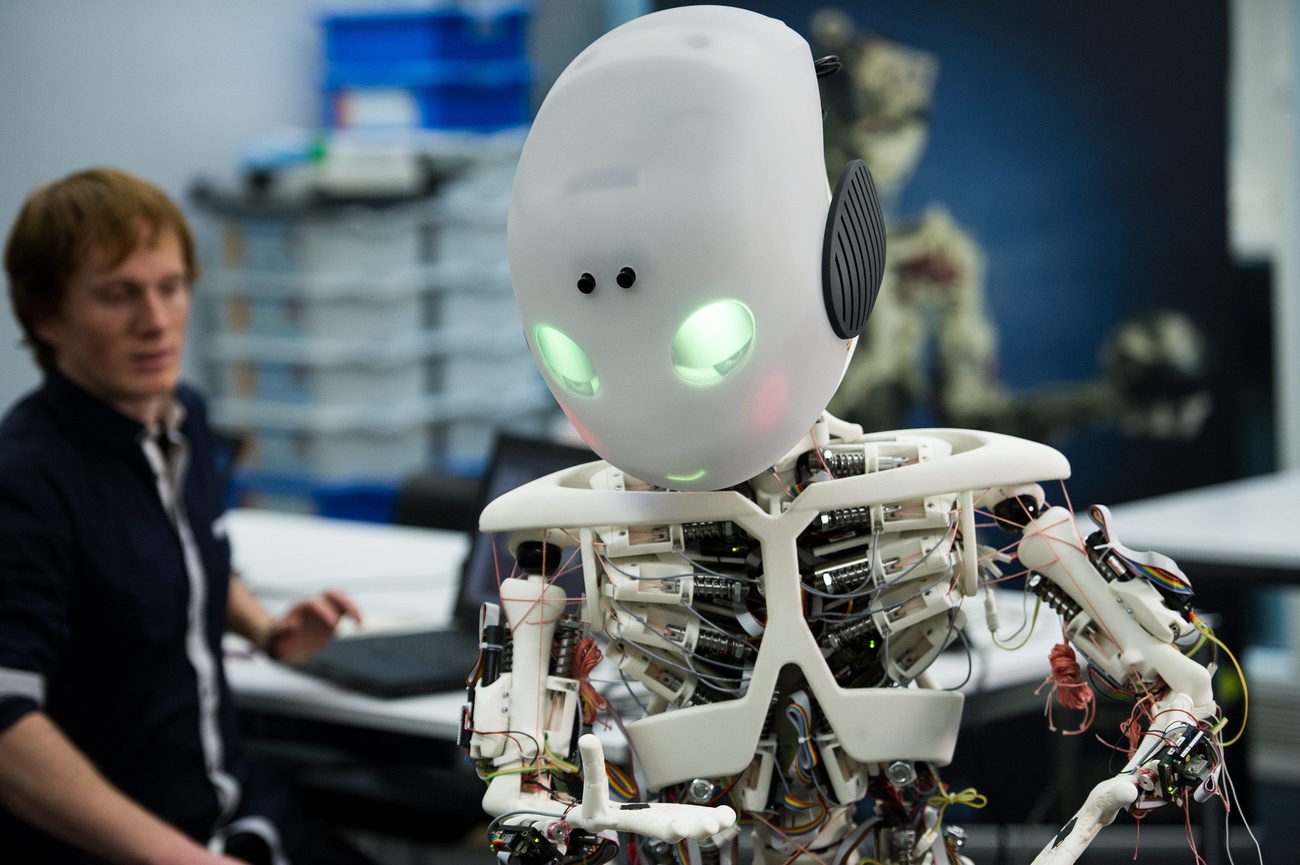How can we make sure everyone benefits from science?
As Covid has shown us, politicians don’t always take science into account. How can we change this, making sure that everyone benefits from scientific breakthroughs?
The public should be aware that science is easily twisted by politicians, and then blamed for something it did not. For example, a hard science fact is the number of Covid infections, but a purely political decision is whether to react by lockdown, closing schools, doing nothing etc. A hard science fact is global temperature, but a weak prediction is how the economy will react, and a purely political decision is whether to ban cars, build windmills etc.
I am a science person. Scientists can sometimes be wrong; they can make mistakes. Most important of all:
-- Scientists are not accountable to voters.
-- Scientists are not responsible for creating/maintaining the jobs and economy.
-- Scientists can generally rarely/never be fired; if they working in universities. According to data, most research produces no tangible results.
-- Most scientists cannot manage large enterprises, let alone manage countries.
-- Politicians need to balance the economy with health; they need to keep the complaining voters happy.
A life of a politician is far more difficult than a scientist.
"As Covid has shown us, politicians don't always take science into account. How can we change this, making sure that everyone benefits from scientific breakthroughs?" -- Instead, I would say -- How can we make scientists more accountable for what they claim, have their claims tested, give the businesses/pubic, a say in the matters.
THEN, incorporate the results in actions taken. Just blindly listening to scientists, and shutting down all society and economic activities (as happened during covid) may cause much greater harm to people in the longer-term.
Common sense, innovative thinking, creative problem-solving matter as much as science.
Alternative science facts... that's all we have these days
Great debate question you've posed here, Sensible Mike:
--> "How can we make scientists more accountable for what they claim, have their claims tested, give the businesses/pubic, a say in the matters."
Am curious to see what others here have to say, especially considering that so much research is publicly funded.
I love science; studied science all through my education; but am not a professor/researcher based at a university.
My concern about "lack of accountability" comes from the following:
-- A couple of years ago I read an article which stated that much of the research which is done in EU academic institutions, is of no tangible use, i.e. it is useless. I agree that results of research cannot be guaranteed, but to have no accountability is also not good.
-- During covid, TV/other media is full of interviews with mainly/only professors, who are now driving/leading entire societies/countries, as to when/what should be locked down and what other measures should be taken. We must involve regular public, business leaders as well.
University scientists have been given too much power, WITHOUT holding them accountable. They themselves have guaranteed jobs and salary; while their decisions to shutdown economies may have lead to loss of many jobs, lead to poorer health, among large number of people.
It is now being said that lockdowns have likely lead to reduced immunity levels among the people (while living in a bubble/isolated); and now may be making us more prone to new infections. Who should be held accountable for not looking at all the plusses/minuses of the lockdowns?
Just like we, a CEO, a politician can lose his/her job for serious bad decision-making or for failing to produce results, failing to consider all aspects of a problem/solution, the researchers/scientists should also be held to the same standards.
Decisions such as shutting down economies (e.g. during covid) should be made by committees made up of scientists, business owners, local government, national government, mental health experts and randomly selected members from the population (and not just pushed by scientists).
We the public must question scientists/their decisions, and hold them accountable, even if our own knowledge on the subject may be limited. It would be the right thing to do, and would be more beneficial to us all, in the long run.
In the history of science, scientists simply make up hypothesis and then theories (when enough scientists agree) and they stick to their theories.
Also in history, many science theories have been debunked and proven wrong. There is literally no incentive to debunk agreed theories especially amongst the scientists who agreed on their theories (it will be throwing a brick at their own feet). Other scientists are busy making up their own theories and to secure financial support to make their "living".
How to hold them accountable? Shame and blame them when their theories are proven wrong. Drag them through social media.
First, stop all the fake news out there, e.g. about the Covid vaccines. Second, make the science so easy to understand that e.g. the anti-vaxxers see that the vaccines will help everyone, eventually, and not track them. If you have a phone, you can be tracked. Many people get their information while sat on the toilet looking at their phones. Not by reading scientific journals. Scientists should find an easy way to inform the uninformed, fake news believers.
Thanks for weighing in, LYNX. It’s an interesting point about making scientific findings more accessible — and quite a mental image of how people might multitask.
There is no such thing as science anymore. It died a long time ago.
Science meant open, easy to rest and preproduce based on public processes.
Now all we have is secret formulas and results that nobody can prove how they were obtained. All we have is marketing.
Thank you for your comment, XEKEDA. How do you think the situation could be improved — and whose job is it?
@SUSAN MISICKA - it would help if science would get back to being science:
* have all the information public so it can be fully reproduced by anyone
* have all testing fully public so it can be verified by anyone, also including all test results like failures, errors, broken parts, side effects both during creation and during the product or invention's sale cycle
As things are today there are no fact facts, so there is no science. Because all the information is hidden there is no reason to ever believe any of the data. It is like showing one example of a product working and hiding away 99 examples where it fails or the fact that it is made of poisonous materials.





You can find an overview of ongoing debates with our journalists here . Please join us!
If you want to start a conversation about a topic raised in this article or want to report factual errors, email us at english@swissinfo.ch.